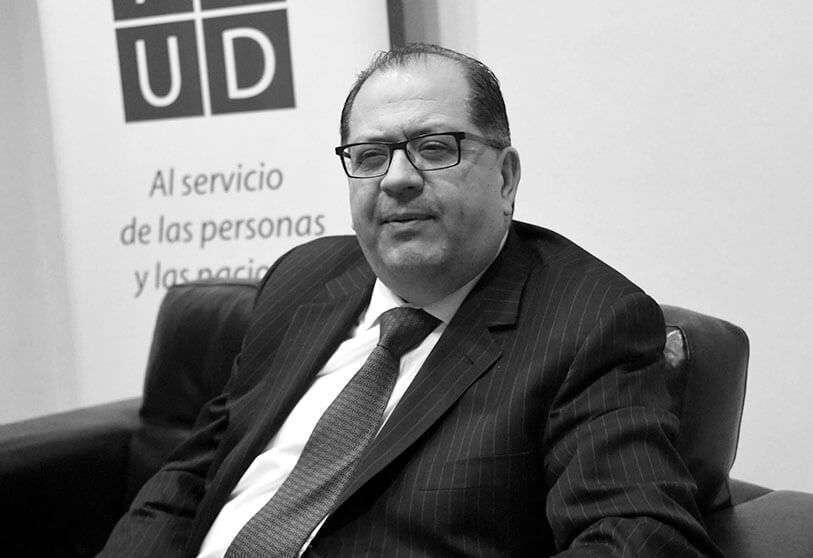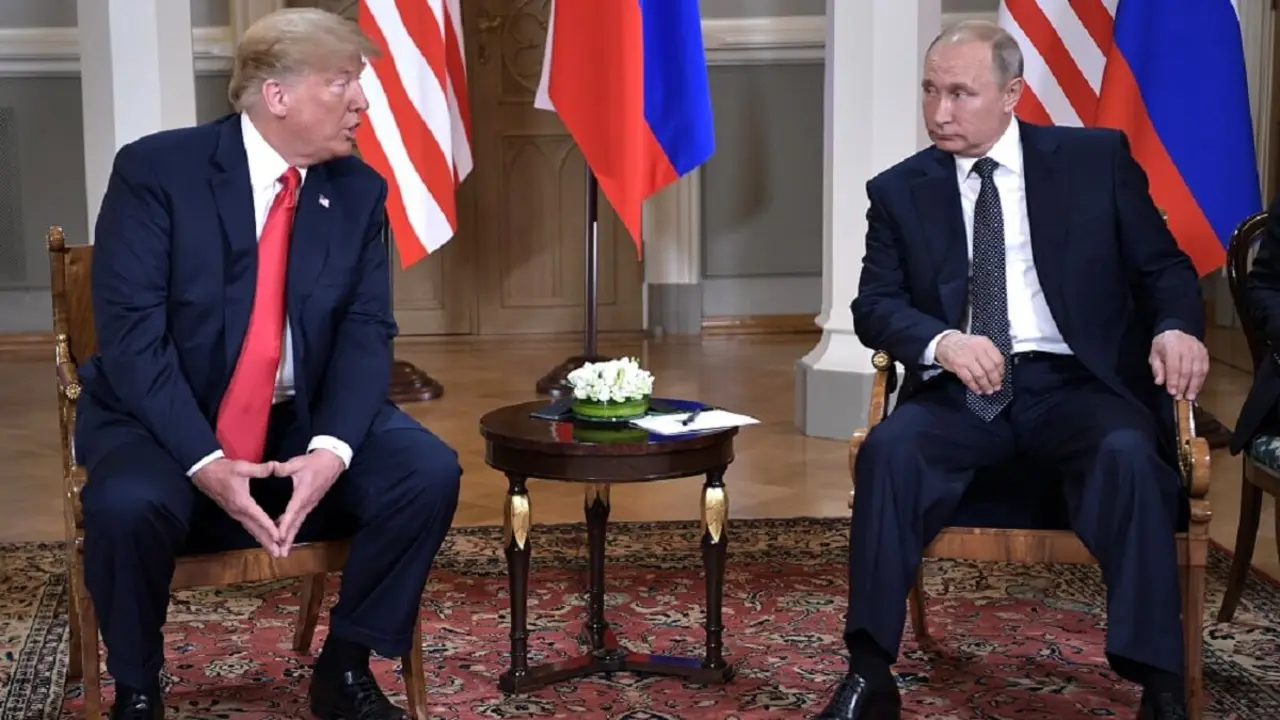COVID-19 can lead to a more inclusive and better governed Latin America

The COVID-19 crisis in Latin America could lead, if "well managed," to a more inclusive region with better governance, underpinned by the new coalitions and social consensus being reached to combat the disease and its economic consequences, said Luis Felipe López-Calva, regional director of the United Nations Development Programme (UNDP) for Latin America and the Caribbean, in an interview with EFE. The international body's delegate for Latin America pointed to elements such as government transparency, fiscal commitment to the most vulnerable and the inclusion of the most affected citizens in the creation of exit plans as the pillars that will sustain a "new normality.

What can Latin America expect when the COVID-19 crisis passes?
In Latin America there are three manifestations of weak governance: problems of economic growth, which are very limited; major problems of inequality, which are very high for development; and wide margins of vulnerability. The pandemic interacts with these issues and magnifies them. For example, inequality deepens, becomes very evident and increases with the impact.
Everything indicates a very great heterogeneity in the capacity of governments to deal with this situation effectively and magnifies inequalities.
In this context we see two structural issues. The first is how to make governance more effective when the idea of having a small government had gained ground. If anything remains from this crisis, it is to rethink that idea towards, not having large States anymore, but having strong ones. That is fundamental.
The other issue is the risk of weakening the democratic checks and balances with the pandemic, which is leading to unusual half-measures that we do not wish to see a concentration of power in a region that had made significant democratic progress.
Will there be a push for strong public health?
In Latin America we used to have a fragmented social contract: those who have income demand private services, and have no incentives to fiscally support health systems... That creates a gap between an expensive private system financed by the middle and upper classes and an unfunded public system with a lot of problems and which leaves most of the population unprotected.
Now with this crisis, people who were previously opposed (to strong public health) are realising that we all benefit from having something strong, and that is an opportunity, because the crisis redistributes the capacity to block reforms, power and influence, and changes the collective perception of some public services.
We seem to agree that an inclusive and quality system is something that benefits everyone, and we are willing to contribute to it.
And that goes beyond, for example, what we economists call automatic stabilisers such as unemployment insurance, which are very small in Latin America.
Fiscal weakness or political problems mean that we have a clash with profound inequalities. This crisis is an opportunity to think that social stabilisers have an important value.
So... is the image of the state, which was very low in the region, being rehabilitated?
Before COVID-19, it was bad and confidence in state institutions was falling... They said that the government was there to protect those who had the most, and trust in governments was falling... But now there are cases, like Peru, and in other places, where people are seeing how institutions respond, and that is a positive light.
That can be an opportunity to see that, at times like these, the State can have a significant effect on our lives, recover its credibility even when there are excessive measures such as confinement, which is perceived as negative.
In general, the COVID-19 crisis has been well characterised by the positive, and that creates an opportunity. We also trust each other more, we see how connected we are, and it is positive to strengthen connections and community solidarity. There is a potential way out of this with an improvement in the social fabric and greater trust in the State.
What are the keys, then, for Latin America to effectively take advantage of this crisis and improve its governance?
Communication and transparency of decisions and the reasons why they are made. They are demonstrating that, where there is greater transparency and accountability, there is better compliance and a better relationship between government and citizens.
We also need to give a clear idea of the fiscal commitment to the most vulnerable and that a collective agreement is a correct response to the crisis.
We must realise that inclusion is in the interests of all of us.
That message must be given clearly, and in it the citizen players, those affected, must be involved in deciding how to get out of the crisis. Here we are talking about the legitimacy of the processes that lead to decisions, that the players are part of the design of the way out.
Attempting to sustain those coalitions that are emerging for community solidarity, private contributions to public goods and trust in governments. When there is trust, give them more sustainability for a positive exit. It is not simple, but there are ways to work with it.








